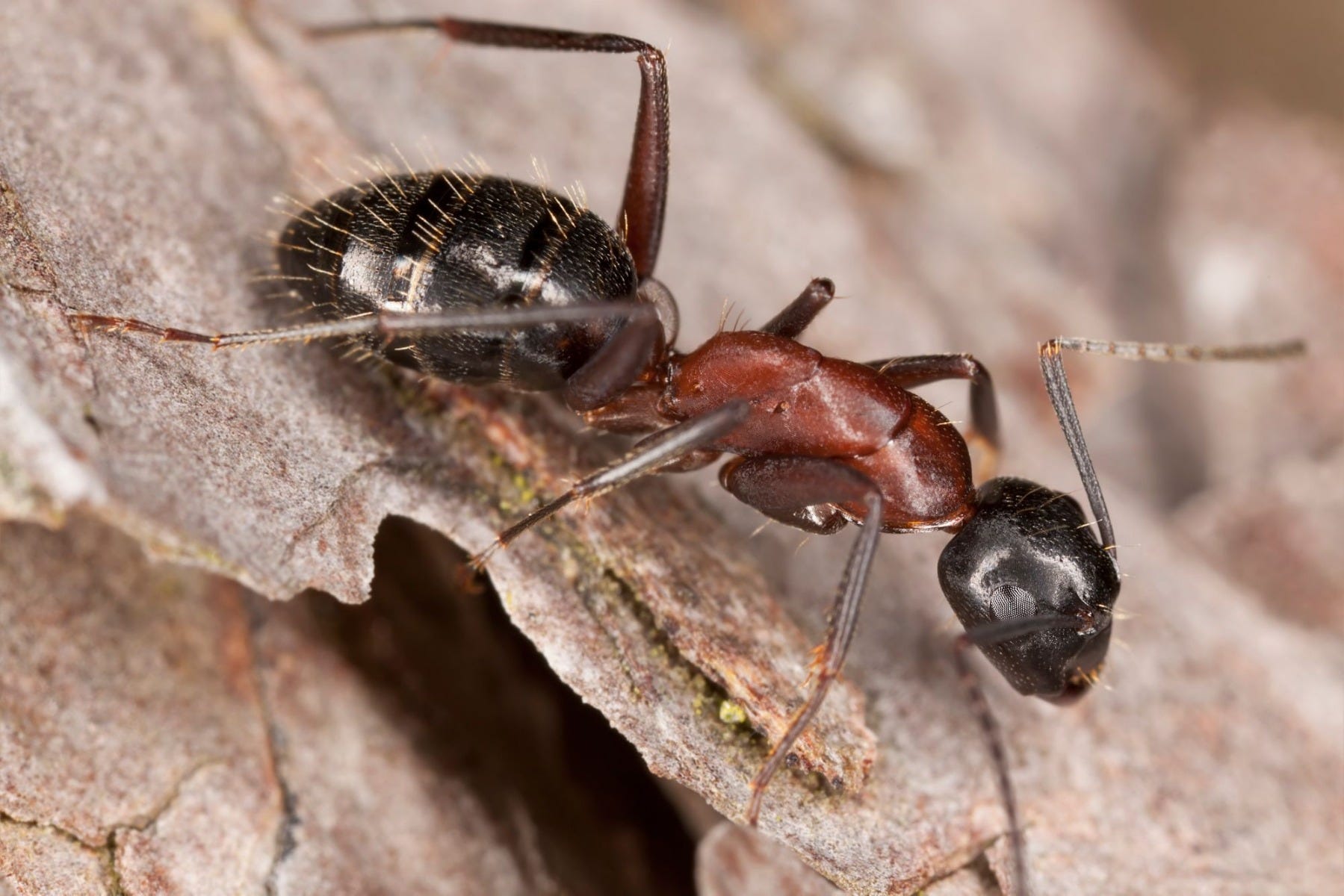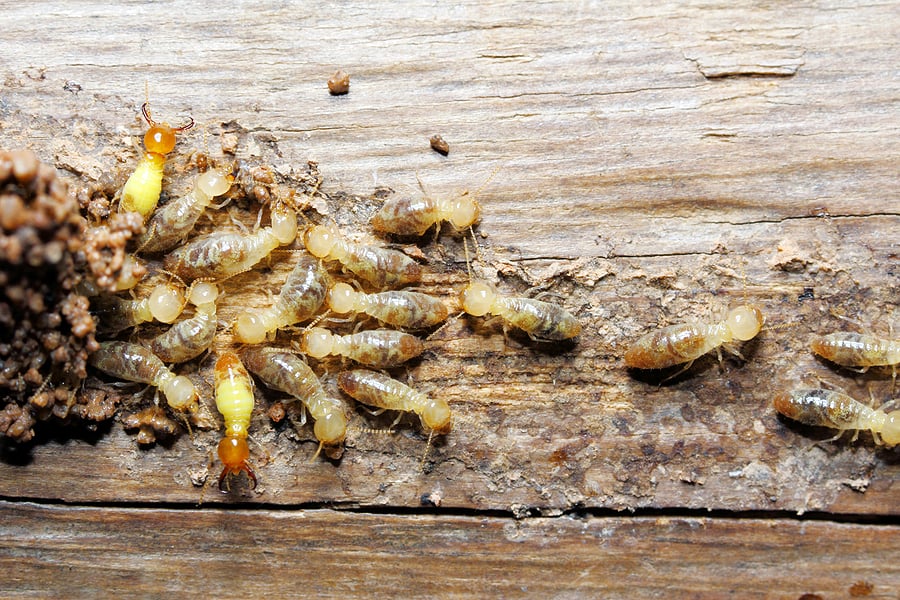Ecological Influence of Pest Control: Balancing Effectiveness With Sustainability
The environmental impact of insect control is a crucial problem that needs a delicate balance between achieving efficiency in taking care of pests and guaranteeing sustainability of our ecosystems. From the use of hazardous chemicals that leak right into our soil and water to the unintended repercussions on non-target species, the effects of traditional bug control techniques are significant.
Hazardous Chemicals in Pest Control
The application of harmful chemicals in parasite control postures substantial environmental and health risks that require cautious factor to consider and mitigation strategies. Chemicals, insecticides, and herbicides are generally made use of to eradicate pests, yet their prevalent application can bring about unexpected repercussions. These chemicals can contaminate dirt, water sources, and the air, impacting not just the targeted parasites yet likewise advantageous pests, wildlife, and human beings.

To resolve these risks, incorporated insect monitoring (IPM) methods are being advertised as an extra sustainable alternative. IPM includes a combination of approaches such as organic control, habitat control, and the targeted use of chemicals as a last hotel (ant control raleigh nc). By taking on an all natural strategy to pest control, we can decrease the ecological and wellness effects related to dangerous chemicals while effectively taking care of pest populations
Influence On Non-Target Variety
Taking into consideration the unplanned effects of parasite control approaches, the effect on non-target varieties is a vital aspect that requires extensive examination. While pest control steps aim to target particular pests, various other microorganisms in the ecological community may be accidentally influenced. Non-target types, including valuable pests, birds, mammals, and even plants, can experience direct or indirect harm from chemical applications or organic control methods.
Insecticides made to battle a particular bug bug might damage pollinators like bees or natural killers such as ladybugs. Biological control agents, if not species-specific, can position threats to unplanned targets, interfering with the eco-friendly equilibrium.
To alleviate the effect on non-target varieties, incorporated bug administration (IPM) strategies that emphasize a holistic approach to pest control are advised. These methods prioritize using eco-friendly techniques, minimizing injury to valuable organisms while properly managing pest populaces. Carrying out extensive threat assessments and keeping track of the outcomes of insect control initiatives are important action in safeguarding non-target species and promoting overall ecosystem wellness.
Dirt and Water Contamination
Unexpected ecological effects of insect control approaches prolong past influencing non-target varieties, with considerable ramifications for dirt and water contamination. Pesticides, herbicides, and chemical plant foods used in parasite control can leach right into the dirt and pollute groundwater, presenting a risk to both water and terrestrial environments. Dirt contamination can interfere with the equilibrium of bacteria vital for nutrient cycling and plant development, causing decreased dirt fertility and performance. Additionally, these chemicals can continue the atmosphere for prolonged periods, gathering in the soil and possibly going into the food web.
Water contamination is an additional crucial concern linked with bug control methods. To mitigate soil and water contamination from pest control tasks, incorporated insect management strategies that prioritize sustainability and minimize chemical inputs are important.
Air Pollution From Chemical Use
Exposure to air-borne pesticides during farming applications positions a significant issue for air contamination control procedures. Furthermore, chemical drift, where pesticides are carried by the wind to unplanned locations, can lead to the contamination of close-by ecological communities and water bodies.

Strategies for Sustainable Bug Control
In the realm of agricultural methods, applying lasting parasite control methods is extremely important for preserving ecological balance and protecting plant returns. Sustainable bug control emphasizes making use of environmentally pleasant methods to manage insect populations efficiently while decreasing injury to non-target microorganisms and communities. Integrated Bug Monitoring (IPM) is a widely embraced technique that combines organic, social, physical, and chemical control approaches to accomplish lasting insect management solutions.
Plant rotation and diversification are likewise reliable strategies to interrupt pest life cycles and develop much less beneficial problems for insects to flourish. Eventually, by incorporating these sustainable bug control approaches, farmers can accomplish a balance between pest administration performance and ecological stewardship.
Final Thought
Finally, the environmental influence of pest control techniques need to be very carefully taken into consideration to stabilize efficiency with sustainability. Harmful chemicals made use of in pest control can cause dirt and water contamination, air pollution, and damage non-target types - ant control services. It is essential to implement lasting parasite control strategies to decrease these adverse results on the environment and advertise a much healthier ecosystem for future generations
By taking on an alternative approach to pest control, we can decrease the ecological and health and wellness effects linked with dangerous chemicals while click here to read properly taking care of pest populaces.

To reduce the air pollution caused by pesticide use, it is vital to embrace incorporated insect management techniques that focus on the use of non-chemical insect control methods, such as crop rotation, natural killers, and immune crop selections. Lasting bug control emphasizes the use of ecologically pleasant techniques to take care of parasite populaces properly while decreasing harm to non-target microorganisms and environments. Integrated Bug Monitoring (IPM) is an extensively taken on strategy that combines organic, social, physical, and chemical control techniques to achieve long-lasting parasite management options.